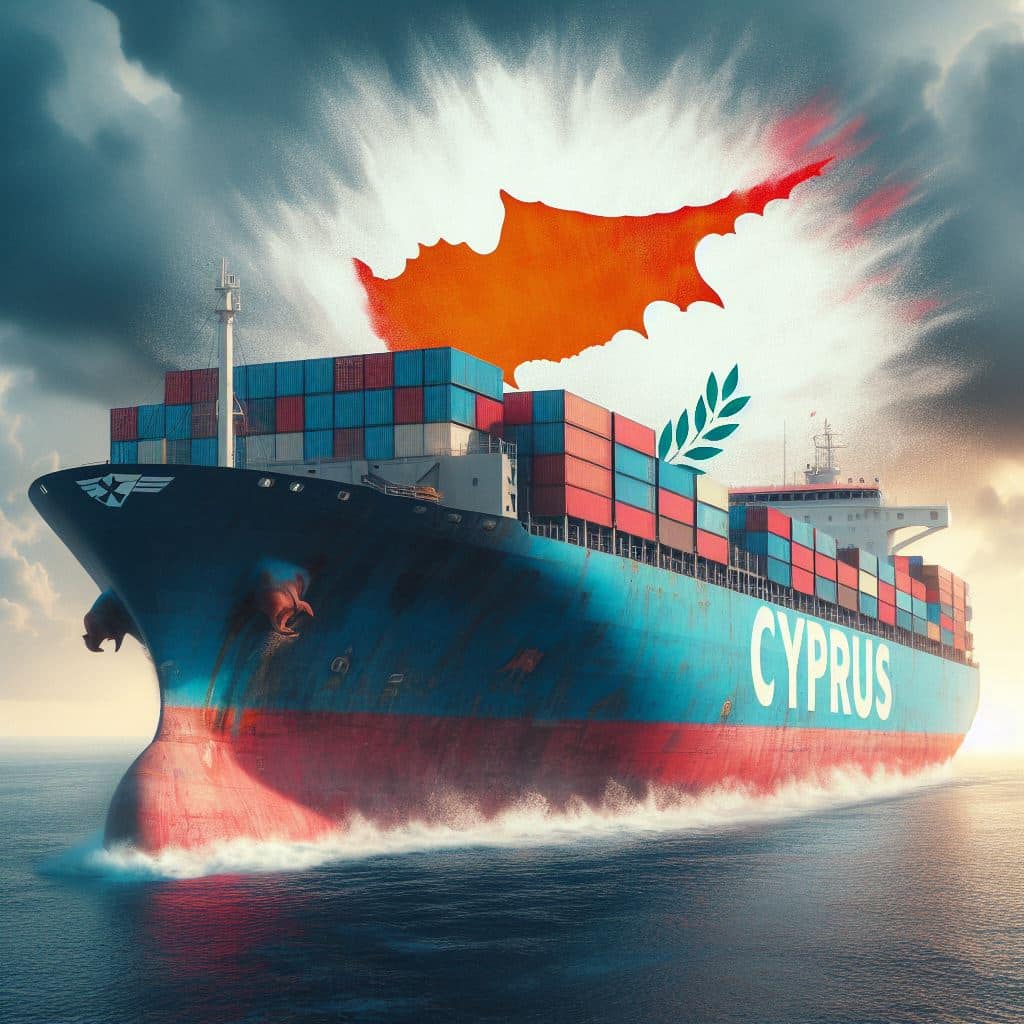Cyprus has strengthened its reputation as a trusted maritime jurisdiction, ranking tenth globally among the world’s largest flag states in 2025 with a fleet totaling 24.4 million gross tonnage, according to the latest Xinhua-Baltic International Shipping Centre Development Index 2025 (ISCDI).
The figure reflects a 2.5 per cent increase from the previous year and highlights Cyprus’ robust regulatory framework, which continues to attract shipowners seeking stability and compliance with international standards.
The Cypriot registry remains one of the largest in the EU and avoids negative regulatory listings, such as the Paris MoU Black List, a classification by the Paris Memorandum of Understanding on Port State Control, which identifies flag states with poor safety and regulatory performance.
Avoiding this list underlines Cyprus’ commitment to safety, environmental protection and labour rights.
According to the ISCDI, Cyprus benefits from strong flag state performance but does not yet appear as a top shipping hub because the index evaluates port infrastructure, legal and financial maritime services, and business environment.
This steady growth contrasts with declines seen in other registries and cements Cyprus’ status as a reliable choice amid increasing geopolitical and regulatory scrutiny.
While Cyprus does not feature among the top 20 international shipping hubs in the ISCDI’s 2025 ranking, dominated once again by Singapore, London and Shanghai, it remains a significant player in global shipping, offering competitive services and an attractive business climate for maritime companies.
Meanwhile, the wider Piraeus and Athens region continues to stand as one of the world’s strongest shipping centres.
The Greek hub retained its place in the top ten, ranking eighth despite slipping one position from the previous year.
With more than 1,000 shipping offices, it remains a pillar of expertise, innovation and strategic importance for global trade.
In an environment marked by energy transition, geopolitical instability and rapid technological change, Greece’s shipping community has once again demonstrated resilience.
The Piraeus-Athens cluster remains deeply engaged in international maritime dialogue and manages the world’s largest fleet of tankers and bulk carriers.
According to the ISCDI report, the ranking evaluates cities on parameters such as port infrastructure, financial and legal maritime services, cargo handling, and the quality of the business environment.
Singapore claimed the top position for the twelfth consecutive year, followed by London and Shanghai. Hong Kong, Dubai and Rotterdam completed the top six.
Piraeus, despite a slowdown in container traffic in 2024, showed notable growth in cruise and vehicle traffic. The port handled 1.7 million cruise passengers, up 14.4 per cent from the previous year, while vehicle traffic surged 61.6 per cent.
Piraeus Port Authority (PPA) reported total revenue of €230.9 million and net profits of €87.5 million, marking an increase of almost 31 per cent year on year.
Greek shipowners, controlling 30 per cent of the world’s tankers and 25 per cent of bulk carriers, continue to expand their influence across Asia while exporting maritime expertise. The wider Attica region has also developed into an international cluster for maritime technology startups, producing cutting-edge solutions in smart shipping, automation and environmental sustainability.
The ISCDI’s full top ten list for 2025 is Singapore, London, Shanghai, Hong Kong, Dubai, Rotterdam, Ningbo-Zhoushan, Athens-Piraeus, Hamburg, and New York/New Jersey.






Click here to change your cookie preferences